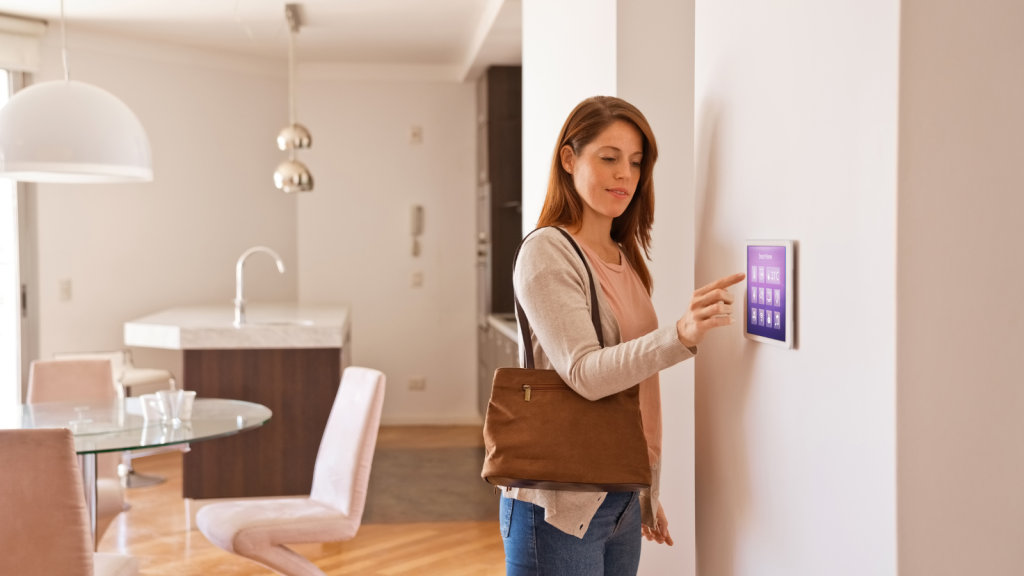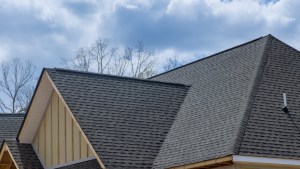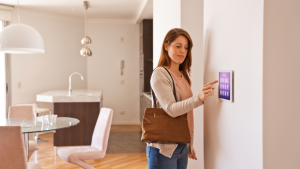The evolution of smart home technology began with basic systems for controlling lights and thermostats. Over the years, these systems have advanced significantly, evolving into sophisticated networks that connect various aspects of a home. Today, smart homes enhance convenience, safety, and efficiency, allowing homeowners to manage and monitor their homes through smartphones or voice commands.
Schedule an inspection with Jersey Shore Stucco today to address any stucco problems before they worsen. Acting quickly is vital to prevent additional damage. Our professional application of Stucco Today will ensure your surfaces maintain their beauty and strength for the long term.
Popular Smart Technologies for Home Environments
Smart home technology encompasses a wide range of devices and systems designed to improve daily life. Some of the most popular technologies include:
- Smart Lighting: Control the brightness and color of your lights via an app or voice commands. These lights can be programmed to adjust automatically based on the time of day or room occupancy.
- Smart Thermostats: Devices like the Nest Thermostat learn your schedule and preferences to maintain comfort while optimizing energy use and reducing costs.
- Smart Security Systems: Features such as smart locks, video doorbells, and security cameras allow for real-time monitoring and alert notifications for unusual activity.
- Smart Appliances: Modern appliances, from refrigerators that track groceries to ovens that can be preheated remotely, streamline everyday tasks.
- Voice Assistants: Devices such as Amazon Echo and Google Home enable control of other smart devices through voice commands, in addition to assisting with tasks like playing music or setting reminders.
Integrating Technology with Design
Smart home technology doesn’t have to disrupt your home’s aesthetic. Many devices are designed to be stylish and blend seamlessly with your décor. For example, smart light switches and plugs often resemble their traditional counterparts, while smart speakers and hubs come in sleek, modern designs. You can choose finishes and colors that complement your home, ensuring that the technology enhances rather than detracts from your living space.
Sustainability
Smart home technology supports sustainable living. Devices like smart thermostats and lighting systems reduce energy consumption, which not only lowers utility bills but also benefits the environment. Smart irrigation systems ensure precise watering for your garden, minimizing waste. Additionally, many smart appliances feature energy-saving modes and provide tips on reducing energy use.
Future Trends in Smart Home Technology
The future of smart home technology is promising, with several exciting trends on the horizon:
- AI-Powered Homes: Artificial intelligence will advance smart homes by learning your habits and preferences over time. This means your home can automatically adjust settings like lighting and temperature, and even suggest meal plans based on your schedule and dietary needs. For example, if you typically lower the thermostat before bed, AI will do it for you, optimizing both comfort and energy savings.
- Interconnected Ecosystems: Future smart homes will feature enhanced interoperability among devices from different brands. Improved compatibility standards will allow seamless communication between devices, creating a more cohesive network. This will enable unified control from a single interface, whether through a smartphone, voice assistant, or dedicated control panel.
- Health Monitoring: Smart technology will increasingly focus on health and wellness. Advanced sensors will monitor air quality, humidity, and sleep patterns, providing insights and recommendations for a healthier living environment. Some devices will also detect falls or medical emergencies, automatically alerting emergency services or contacts, adding an extra layer of security for vulnerable family members.
- Sustainable Innovations: As environmental awareness grows, eco-friendly smart devices are becoming more prevalent. Innovations will emphasize energy efficiency and conservation, featuring solar power integration, energy usage monitoring, and automated systems that optimize consumption based on real-time data. For instance, smart irrigation systems will adjust watering schedules according to weather forecasts, significantly reducing water wastage.
Conclusion
The integration of smart home technology is transforming our living spaces, making them more convenient, secure, and energy-efficient. From its origins in simple systems, smart technology has developed into complex networks that can be easily controlled via smartphones or voice commands. With ongoing advancements in AI, interconnected systems, health monitoring, and sustainable solutions, the future of smart home technology holds boundless possibilities. Embracing these innovations not only keeps us modern but also contributes to a more sustainable future.




